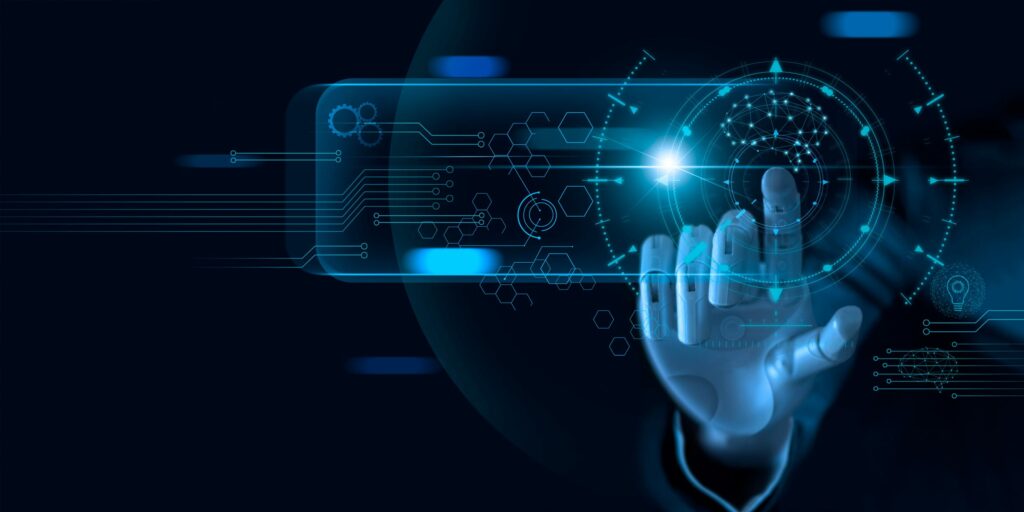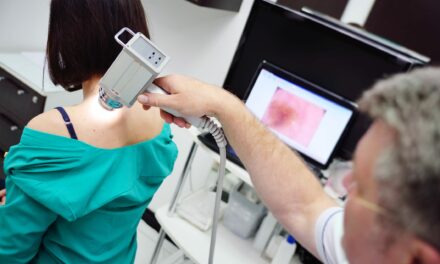Artificial intelligence is now being used in dermatoscopic diagnosis, enhancing the accuracy and efficiency of skin cancer detection.
Artificial intelligence (AI) is enhancing dermatoscopic diagnosis, improving the way dermatologists detect and evaluate skin lesions. By integrating AI algorithms with dermatoscopes, healthcare professionals are now equipped with powerful tools that improve diagnostic accuracy, streamline workflows, and ultimately enhance patient care.
AI algorithms, trained on extensive datasets of dermatoscopic images, can analyze skin lesions with remarkable precision and speed. These algorithms are capable of identifying patterns and features indicative of various skin conditions, including malignant melanomas, with high accuracy. By providing real-time analysis, AI-powered dermatoscopes assist dermatologists in making quicker and more accurate diagnoses, reducing the chances of human error and enhancing early detection rates.
Machine Learning and Image Recognition
The core of AI integration in dermatoscopy lies in machine learning and image recognition technologies. Machine learning models are trained using thousands of annotated dermatoscopic images, allowing the AI to learn and recognize the subtle differences between benign and malignant lesions. This deep learning approach ensures continuous improvement in diagnostic capabilities as more data is fed into the system, making AI-powered dermatoscopes increasingly reliable over time.
Standardizing Diagnostic Accuracy
One of the significant benefits of AI in dermatoscopic diagnosis is the standardization of diagnostic accuracy. Variability in diagnosis among different practitioners can be a challenge in dermatology.

AI algorithms provide consistent evaluations, reducing the subjectivity and variability inherent in human assessments. This standardization ensures that patients receive a uniform level of care, regardless of the practitioner or setting.
Streamlining Clinical Workflows
Integrating AI with dermatoscopes also streamlines clinical workflows. AI-powered devices can rapidly analyze images and generate diagnostic suggestions, allowing dermatologists to focus more on patient interaction and treatment planning. This efficiency is particularly beneficial in busy clinical settings, where time constraints can impact the thoroughness of evaluations. By enhancing workflow efficiency, AI integration helps dermatologists manage their caseloads more effectively.
Enhancing Teledermatology Services
AI-powered dermatoscopes play a crucial role in enhancing teledermatology services. Patients in remote or underserved areas can use mobile dermatoscopes to capture high-quality images of their skin lesions. These images can be analyzed by AI algorithms before being reviewed by dermatologists, ensuring that patients receive expert evaluations promptly. This combination of AI and teledermatology expands access to dermatological care and supports early intervention.
The integration of artificial intelligence with dermatoscopic diagnosis is revolutionizing the field of dermatology. By providing precise, rapid, and standardized evaluations, AI-powered dermatoscopes enhance diagnostic accuracy and efficiency, ultimately improving patient outcomes. As AI technology continues to advance, its role in dermatology will only grow, paving the way for even more significant innovations in skin cancer detection and treatment.
Photo 142365004 © Nipitpon Sing Ad | Dreamstime.com



